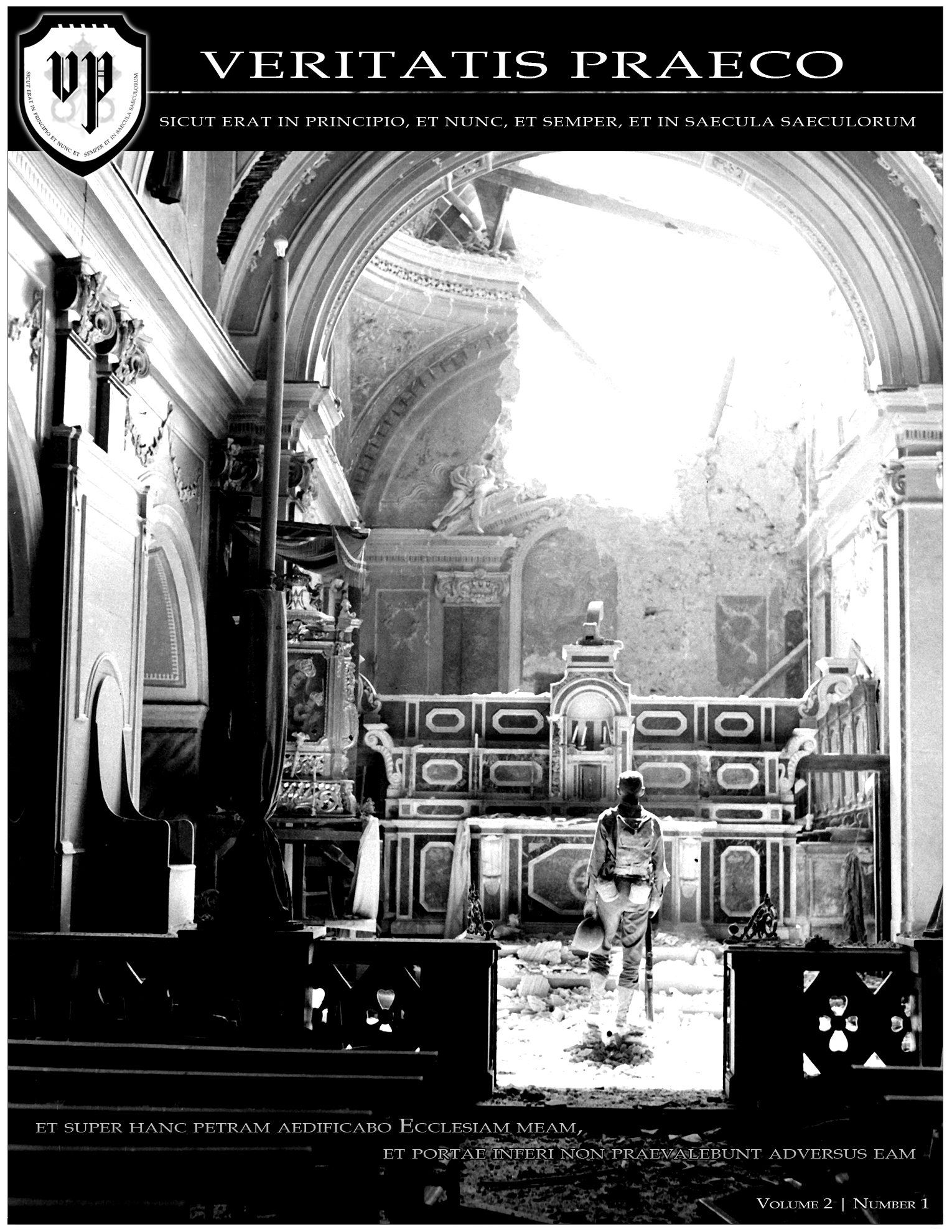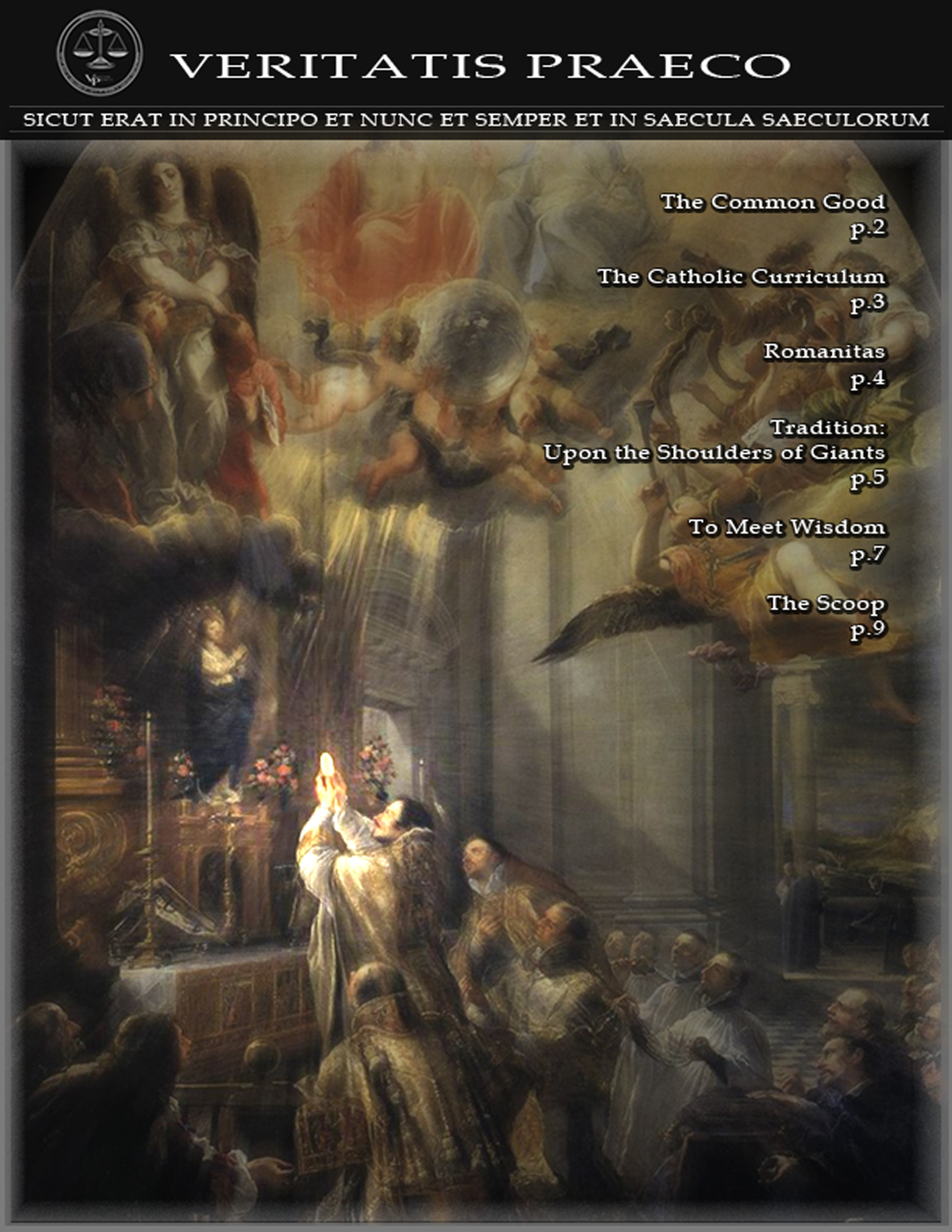Archive
A Taste for Music
Music is a universal language. Nearly every culture has its own form of music. Thus, most people have an opinion concerning music. These opinions rarely concern music simply. Rather, any such opinion is usually made concerning a given kind of music or a given performance of music. Additionally, the opinion arises as a matter of taste and is left with little to support it substantially beyond its undeveloped status as an opinion. Although this is usually the case, can anything more be said of music? Surely, a subject of such universality has more to it than is determined by mere preference or taste. One can enjoy the taste of junk food or candy, but this does not make such foods good when consumed more than occasionally. It is far better to eat a meal consisting of meats, vegetables, and starches rather than to treat junk food as if it were the main course. Thus, enjoyment does not dictate the goodness of food. The same rule applies to all enjoyable things. Any given pleasure has a certain place amongst a hierarchy of other pleasures which are more and less good for people. Some things are good for people regardless of whether or not they find them pleasurable. The opposite may also be true. Thus, it is important to become educated such that one can learn to like what is in fact good for oneself as a human person.
As food is a good, so too is music, analogously. Like food, music can be either good or bad for the human person regardless of whether or not it is found to be enjoyable. As such, there is more to music than just taste; taste is relative to the taster. But, there are better and worse tasters insofar as there are people who know more about what they taste and who thus train their taste accordingly. Therefore, the best tasters taste both according to how things are supposed to taste and which things are truly best for the human person. Ultimately, to judge taste, the taster must know the purpose of that which he tastes. In the case of food, its fundamental purpose is to nourish the person and to additionally be palatable. Thus, food must not only be good for the person but must also taste as good as its nourishment suggests. Here it is evident that foods which seem to taste good can be dangerous when they are actually detrimental to the person’s health. Food is then principally nourishing and secondarily tasteful, though both are necessary.
Extending the analogy to music, one must judge the taste according to the purpose. Does it taste as it should? Is the substance actually good aside from the taste? Ideally the two ought to coincide as the actually good being actually tasteful. But, as food does not always occur in this fashion and thus requires training and discipline to learn to like what is really good, so too a musical performance ought to sound as the music itself dictates. Here, the two parts are again evident. Music ought to have a purpose and a means by which it attains that purpose. But it is clear that music can serve many purposes. These purposes can all be examined according to the standard of music’s ultimate or highest purpose.
Before examining the different kinds of music and its various purposes, one must look at music simply. Why do people listen to music? People listen to music because it brings about a certain disposition or state. For example, drums in warfare stir courage in the troops on one side and stir fear in the troops on the other side; Catholics have Gregorian Chant to lift their souls to God in prayer. Whatever the purpose, the music can be performed either well or poorly. Assuming that the music is performed well and achieves its purpose, which purpose is highest?
The highest purpose corresponds with the highest state or disposition for the human person. Man is essentially a rational animal. Thus he is a thinking being which is self-animating. There are many animals in the world but what sets man apart from the rest of the animals is his ability to reason. Thus, while not denying any part of the human person, the highest activity is thinking. And, since man is also essentially a social being, the highest activity is thinking with other rational beings—conversation. Additionally this conversation must tend towards the highest things. The highest thing is God. Thus conversations about God are among the highest activities of the human person. The highest activity of man is to converse with God Himself in prayer. Thus, the music which best brings about this highest disposition is the sacred music fostered and preserved in the Roman Catholic Tradition, namely Gregorian Chant and Sacred Polyphony. The nature of this music is such that it does not draw attention to itself. Rather it is a transparent window into the things of God.
On a purely human level, the highest things to think and converse about are truth, beauty, and goodness. How does one musically bring about a disposition which is conducive to the contemplation of such elevated things? First and foremost, the music must not be too emotionally focused because it would draw away from the intellectual nature of the highest things (a by-product is that such music also does not draw much attention to itself directly). Also, music conveying truth, beauty, and goodness should not arouse the passions such as sex, anger, etc. One can hardly expect to contemplate truth, beauty, or goodness while the irascible or the sexual passions are aroused. What kind of music, then, is most transparent, ordered, and elevated? Here is a hint: it is not Rock and Roll.








